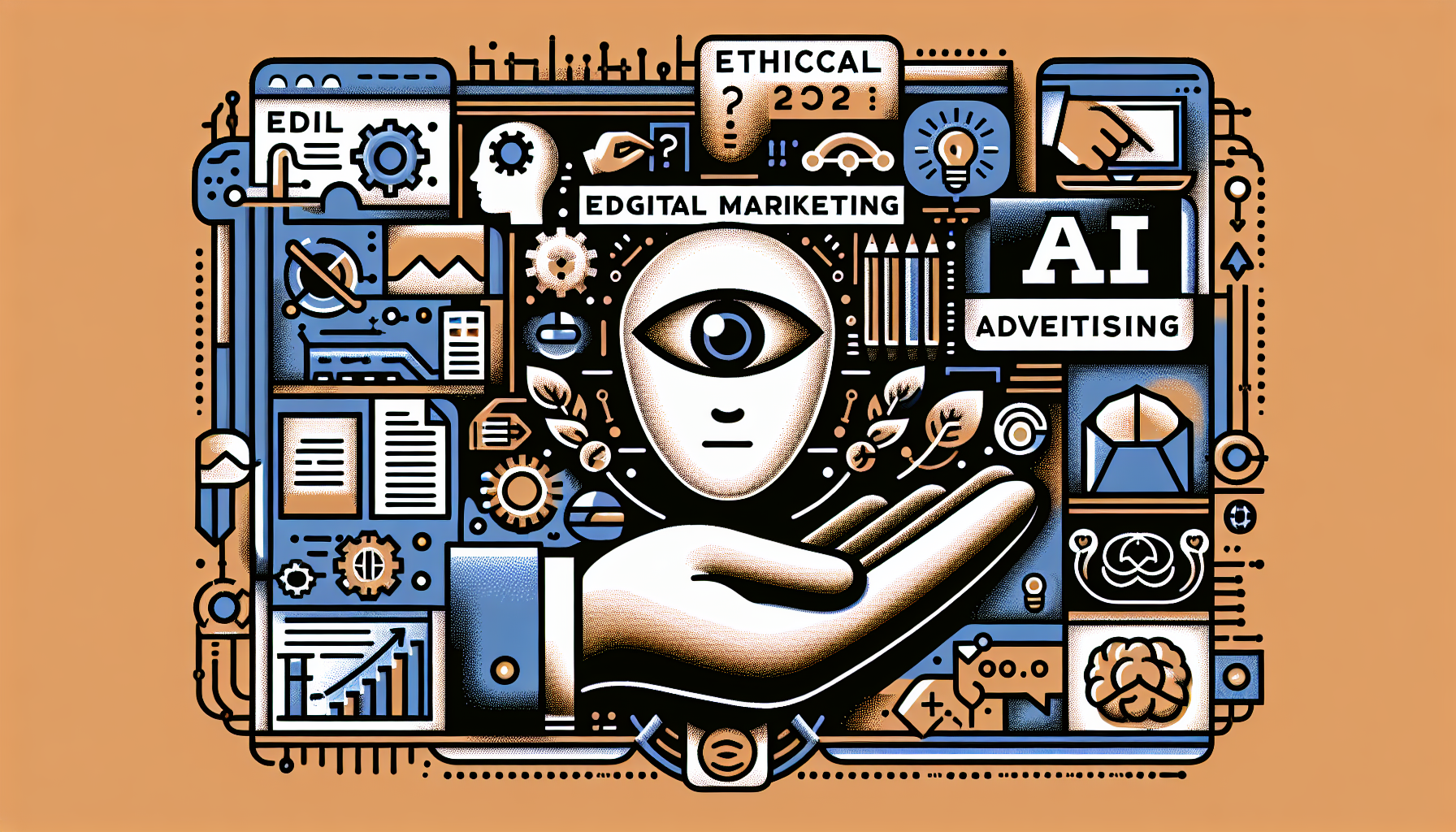Ethical AI in Advertising: Automation vs. Privacy

Table of Contents
- Introduction to Ethical AI Use in Advertising for 2025
- The Current Landscape of AI in Advertising
- Challenges of Balancing AI and Consumer Privacy
- Best Practices for Ethical AI in Advertising
- Actionable Insights for Marketing Professionals
- Conclusion
Introduction to Ethical AI Use in Advertising for 2025
As we advance further into the decade, the intersection of artificial intelligence (AI) and advertising continues to evolve, raising significant questions about ethical practices and consumer privacy. With AI technologies now more sophisticated and integral to marketing strategies, the industry faces a dual challenge in 2025: leveraging automation for enhanced effectiveness while ensuring the protection of consumer data.
The Current Landscape of AI in Advertising
In 2025, AI has transformed advertising from creative conceptualization to customer interaction. Technologies such as machine learning, natural language processing, and predictive analytics are commonplace, providing marketers with unprecedented insights into consumer behavior. However, with great power comes great responsibility. The use of AI in advertising now demands a rigorous ethical framework to address both the efficacy and the integrity of these advanced tools.
Statistics and Trends
Recent studies indicate that over 75% of marketing organizations utilize AI for targeted ad placement and content personalization. Furthermore, predictive analytics have improved customer engagement rates by up to 40% in some sectors, demonstrating the potent impact of AI on the industry.
Challenges of Balancing AI and Consumer Privacy
Despite the benefits, the surge in AI capabilities brings forth significant privacy concerns. The main issues include:
- Data security breaches
- Unauthorized use of consumer data
- Lack of transparency in data usage
Case Study: Addressing Data Privacy
A notable example in 2025 comes from a leading tech company that implemented an AI-driven campaign, which initially failed to disclose the extent of data utilization, leading to public backlash. The company responded by revising their data handling practices, thus setting a precedent for transparency and consumer consent in AI applications.
Best Practices for Ethical AI in Advertising
To navigate the complexities of AI in advertising, businesses must adopt certain best practices:
- Transparent Data Usage: Clearly communicate how and why consumer data is used, ensuring compliance with global data protection regulations.
- Consumer Consent Management: Develop robust mechanisms for obtaining and managing consumer consents.
- Regular AI Audits: Conduct regular audits of AI systems to ensure their ethical use and to mitigate any unintended biases or errors.
Implementing AI with Integrity
For instance, a European marketing firm has achieved remarkable success by integrating an AI ethics officer into their team. This role ensures all AI applications align with ethical standards and business values, particularly focusing on maintaining consumer trust and safeguarding privacy.
Actionable Insights for Marketing Professionals
Incorporating ethical AI use in advertising strategies requires actionable steps:
- Invest in AI literacy for your team to understand both the potentials and the limits of AI.
- Partner with AI technology providers who prioritize ethical concerns and offer transparent AI solutions.
- Monitor the evolving landscape of AI regulations to ensure your advertising strategies remain compliant.
Future Outlook
As we look towards the future, the role of AI in advertising is set to grow even more influential. The key to leveraging this technology effectively lies in building a strong ethical foundation, focusing on consumer rights and transparent practices.
Conclusion
The year 2025 presents both opportunities and challenges for the use of AI in advertising. By prioritizing ethical considerations and privacy concerns, companies can harness AI's power to not only enhance advertising outcomes but also strengthen consumer trust. The balance between innovative marketing techniques and ethical standards will define the future trajectory of advertising in the AI era.
FAQs: Ethical AI Use in Advertising in 2025
What does ethical AI use in advertising mean?
In 2025, ethical AI use in advertising refers to the application of artificial intelligence technologies that adhere to established ethical guidelines and principles. This involves ensuring transparency, fairness, and accountability in how AI systems target consumers and process their data, while respecting consumer privacy and minimizing bias in automated decisions.
How is consumer data protected in AI-driven advertising?
In 2025, consumer data protection in AI-driven advertising is enforced through strict data governance policies that comply with global privacy regulations such as GDPR and CCPA. Advertisers use AI tools that are designed to anonymize and secure personal data, ensuring that consumer information is not misused and that individuals retain control over their personal information.
What are the benefits of using ethical AI in advertising?
Using ethical AI in advertising offers several benefits, including improved consumer trust, enhanced brand reputation, and better compliance with international data protection laws. Ethically applied AI helps in delivering more relevant and personalized advertising experiences without compromising consumer rights, leading to higher engagement and satisfaction.
